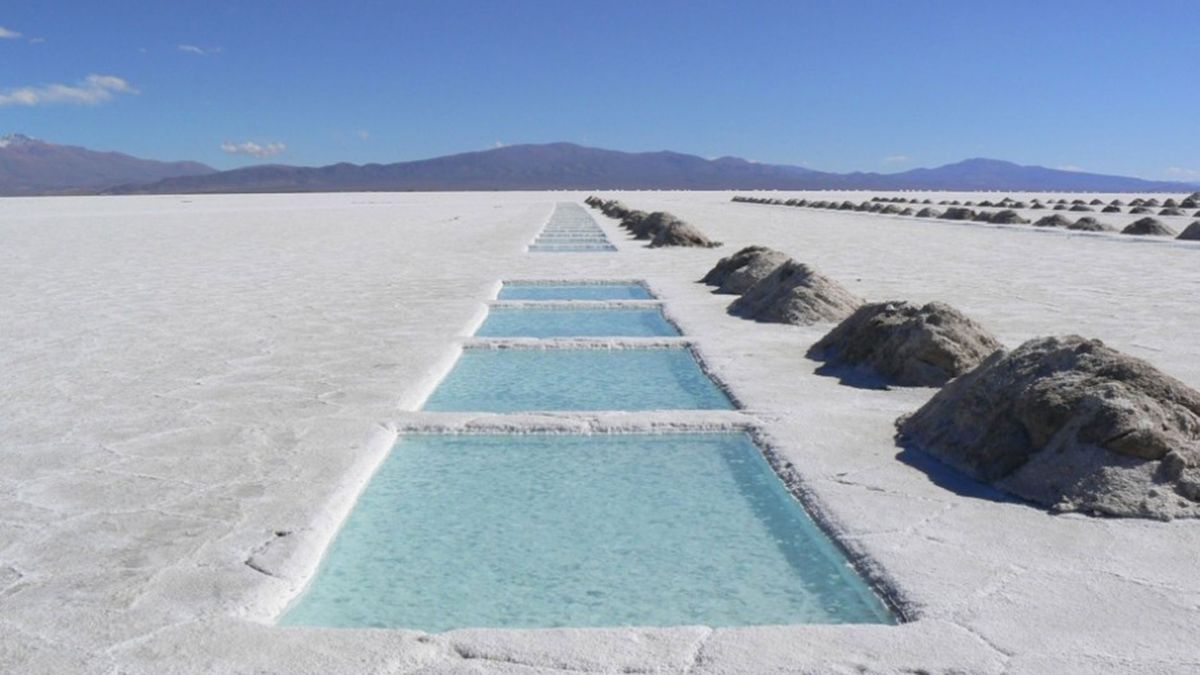According to the projections of the Department of Industry of Australia (the world’s leading exporter of lithium), the total global production of lithium compounds was 485 thousand metric tons during 2021, and the expected demand for 2022 has been projected at 615 thousand metric tons, so a significant deficit of this raw material is expected this year.
Both Argentina and Chile, net exporters of battery-grade lithium carbonate -both within the so-called “lithium triangle” together with Bolivia-, are developing strategies to provide adequate responses to this unusual increase in global demand.
The path of lithium to the battery is not easy. In South America, it begins in the so-called Andean salt flats, high-altitude geological formations that have the precious metal in the form of different salts, which must be separated after extraction. Obtaining it involves adjusted production processes and the period required for lithium mining, from exploration to production on an industrial scale, is 5 to 7 years, with large capital injections.
Given this scenario, Argentina, which has the second largest lithium resources in the world within its borders (according to data from the US Geological Survey), and since our country also extracts lithium from the “Salar del Hombre Muerto” in the province of Catamarca since about 20 years ago, this opportunity has been faced with more than 20 large-scale extraction projects and at different stages of progress -two of them in production- which will mean an increase in the production and export of this compound in the coming years. years.
This window of opportunity for our country is not only accompanied by a great demand in the short term and the rising price of lithium carbonate, but also with the advantage of the existence of different vicissitudes that our direct competitors are currently going through:
Australia, the world’s leading producer and exporter, maintains tense trade and diplomatic relations with China, the number one global consumer of lithium carbonate. Chile, on the other hand, the second largest producer and exporter, is facing a change of government and Constitution, generating uncertainty in private mining companies that will have to make large investments to substantially increase the quota of exportable production of lithium compounds.
During the presentation of the National Renewable Cluster, President Alberto Fernandez urged the provinces to deepen the mining industry in the country, necessary for the energy transition and having lithium as one of the central minerals in it.
It is noteworthy that mining in Argentina contributed more than 53 billion USD in the 2003-2021 period, being one of the few surplus activities during all the months of said period.
Given these conditions, Argentina has the potential to become a major player in the global concert of mining activities in general and lithium in particular, as long as impulsive policies are maintained as state policies, going through different government efforts.
Engineer
Source: Ambito




